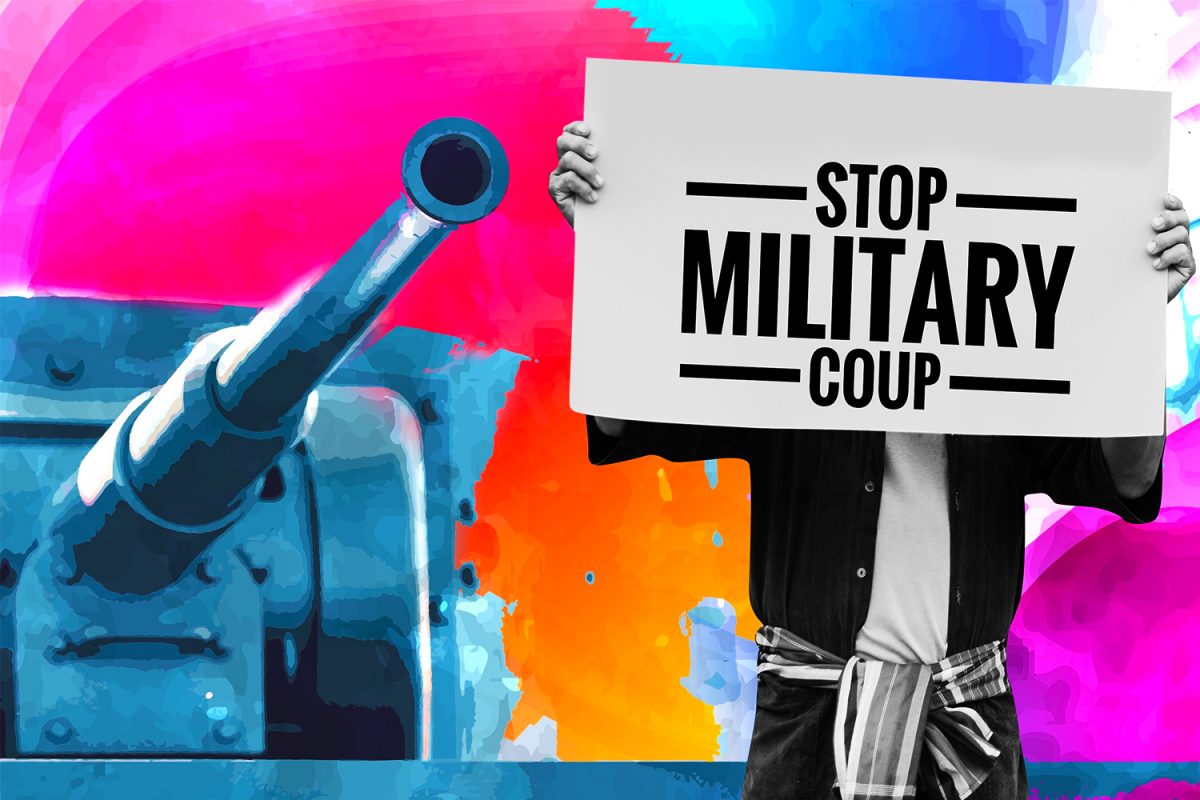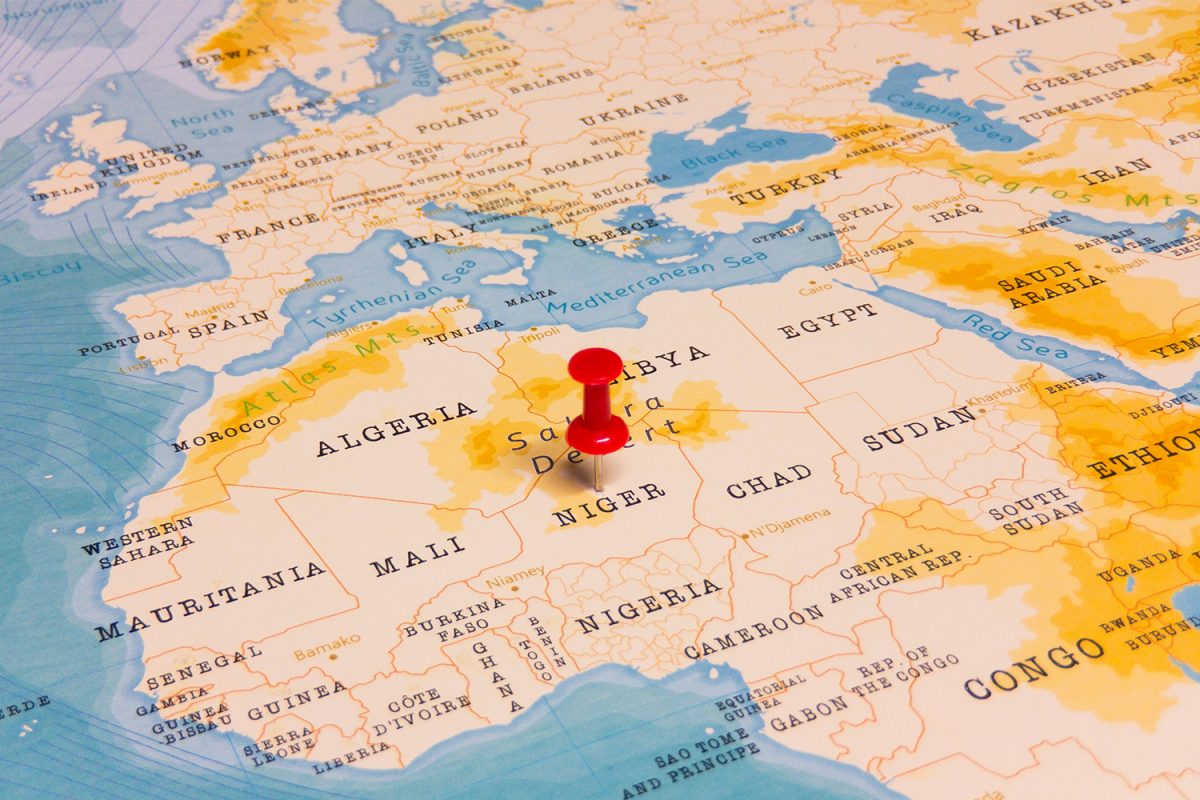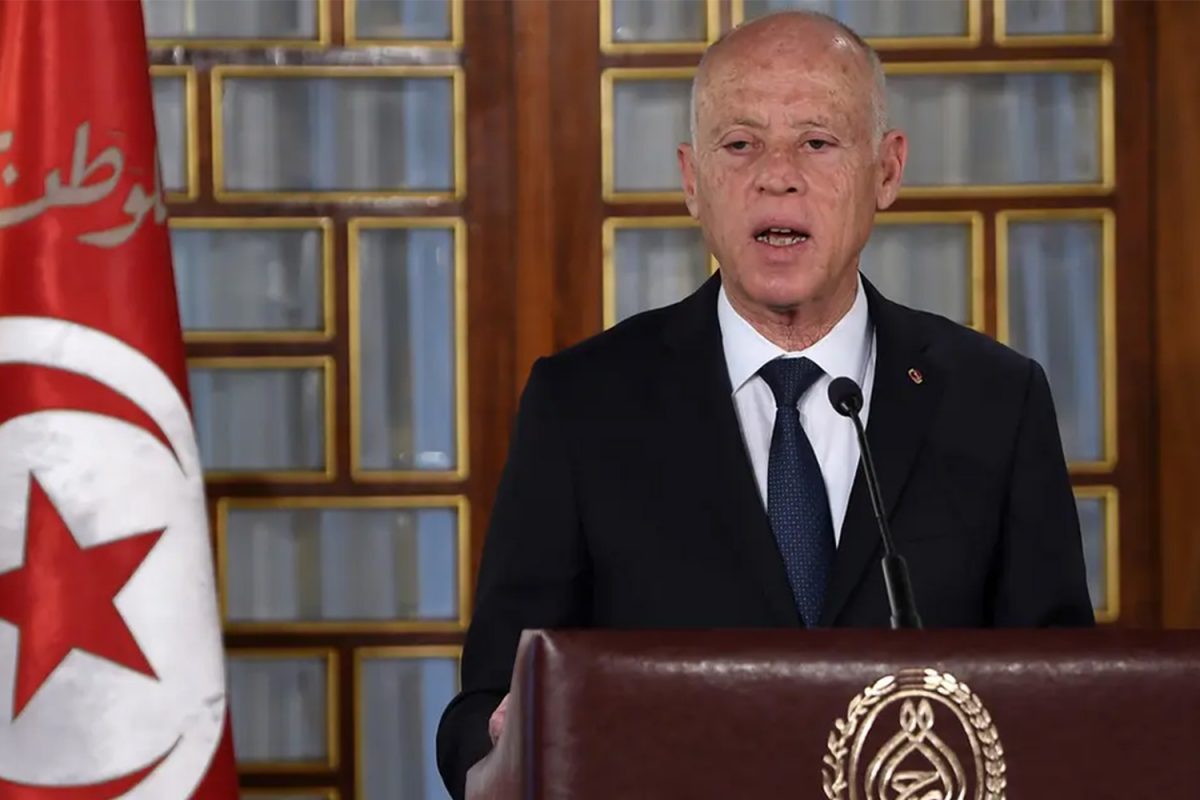Events in Sudan are spiralling out of control as tensions have been boiling over for weeks. The World Health Organization (WHO) says there’s a “…high risk of biological hazard…” at a laboratory caught up in the ongoing conflict in Sudan.[1] Western diplomats are now being evacuated as two rival military factions fight it out for control of the country. Whilst much of the world has only now turned its attention to the African nation, events have been at boiling point for years.
After decades of rule Omar al-Bashir had run Sudan into the ground. The separation of South Sudan in 2011 saw 75% of the former nation’s oil resources go to South Sudan causing an economic crisis that made Sudan’s economic situation even worse. This eventually led in 2019 to a series of demonstrations in several Sudanese cities. Rising costs of living and bad economic conditions at all levels of society turned demands for economic rights to the removal of the regime. As protests grew and got worse the whole country was in an effective lockdown in April 2019. The military moved in and removed Omar al-Bashir from power and established a Transitional Military Council (TMC). After the Defence Minister resigned a few days later Lt. Gen. Abdel-Fattah Burhan and General Mohamed Dagalo of the Paramilitary forces – the Rapid Support Forces (RSF) became the rulers of the country.
By August 2019 the military officers signed a constitutional document with some of the leaders of the protest groups who took the title of the Forces of Freedom and Change whereby a sovereign council was established with 5 military members, 5 civilians and one independent person. The transitional period was to last for 39 months with the military leading the sovereign council for 21 months and the Forces of Freedom and Change would then lead the council for the next 18 months. The transitional period was then to be followed by elections and the establishment of a legislative council. The agreement however stipulated that the defence and interior ministers would be the prerogative of the military. What the military has been doing from the very beginning is to ensure very little of the underlying structure of Sudan changed and they were managing the opposition to maintain the existing architecture. The fact the leaders of the Forces of Freedom and Change agreed to this meant they had given up on any real change. The other interesting aspect was the military leadership that was around Omar al-Bashir, who became the 5 members of the military part of the Sovereignty Council.
What the military has been doing from the very beginning is to ensure very little of the underlying structure of Sudan changed and they were managing the opposition to maintain the existing architecture
What proves the military didn’t want to give up power was the fact that they were meant to transfer power to the civilian side of the council in May 2021. The military however made an amendment in October 2020 when the military signed the Juba agreement with a host of rebel groups who were in rebellion with the central government. The military extended their rule over the sovereignty council to 53 months! When this new transitional period required the handover to the civilian side in October 2021 the military leaders took control of the government in a military coup. The civilian Prime Minister Abdalla Hamdok was placed under house arrest. Protests then increased and spread across the country once again and became a daily event. Slogans such as “Military, go back to the barracks” began to trend.
In December 2022, the military signed a new framework agreement for the transition to a civilian government. The agreement, much of which was previously included in previous deals, committed the military to appoint a new civilian government, including a civilian prime minister. Following the appointment of the transitional government, a new two-year transition would then begin, concluding with elections. The deal set no date for a final agreement and left many of the most controversial issues for future negotiations. A final agreement was scheduled to be signed on the 6th of April 2023. On this occasion clashes broke out in the capital city and the Darfur region, between rival factions of the country’s military government. Nearly 500 people have been killed and more than 3,000 have been injured since violence began. The fighting began with attacks by the Rapid Support Forces (RSF) on key government sites. Airstrikes, artillery and heavy gunfire were reported across Sudan including in the capital Khartoum. Both RSF leader Mohamed Hamdan Dagalo and military General Abdel Fattah al-Burhan claimed to control key government sites.
It’s unlikely the leaders of the protest groups will be able to dislodge the military as they keep entering into agreements with the military which it’s shown to never adhere to
Once again when a key transition date was due the military found a way to not hand power over to a civilian government. The argument for not handing over power on this occasion is that there is a violent conflict now between the army and the RSF. Many have questioned the apparent conflict between Hamden and Burhan. Kholood Khair, a Khartoum-based analyst, told Middle East Eye “…that tensions between Burhan and Hemeti are genuine, but that the two military leaders are also weaponising those tensions as a way of getting concessions from the civilians…. they allow their tensions to escalate, to increase their arms and their troops, in order to use the pressure of a possible confrontation to gain concessions from pro-democracy actors, particularly the FFC-CC. They then allow those tensions to dissipate, but maintain the concessions, the troops and the arms,”[2] The Sudanese Communist Party’s Foreign Relations Secretary, Saleh Mahmoud, said “Both the forces, the army and the RSF, have a mutual interest in escalating armed conflict, so that it can be used as a reason to not hand over power to the civilian forces.”[3] Marwan Bishara of Al Jazeera said “Many of the coups in the 1950s and 1960s —from Syria to Sudan, through Egypt, Iraq, Yemen and Libya — were led by young officers with lofty visions and high hopes for replacing a dreadful status quo with a better, more prosperous future, free of humiliation and defeat. But the more recent coups, like that in Algeria in 1992, Egypt in 2013 and Sudan in 2021, lacked vision and ambition beyond merely blocking political change and restoring the appalling status quo ante that favoured military power and privilege.”[4]
Whilst there is no doubting the differences between the military and the RSF, one thing they do agree on is not handing over power to the protest groups. Both the army and the RSF have their own economic interests to preserve. The army owns land and many companies in different sectors of the economy, whilst the RSF has mines and assets to preserve. It’s unlikely the leaders of the protest groups will be able to dislodge the military as they keep entering into agreements with the military which it’s shown to never adhere to. Its likely instability will continue in Sudan for the short to medium term.
[1] Sudan crisis: WHO warns of biological hazard at seized lab – BBC News
[2] Who is Hemeti? The feared former warlord vying for control in Sudan | Middle East Eye
[4] Sudan’s tragedy: Rogue generals and failed coups | Opinions | Al Jazeera




